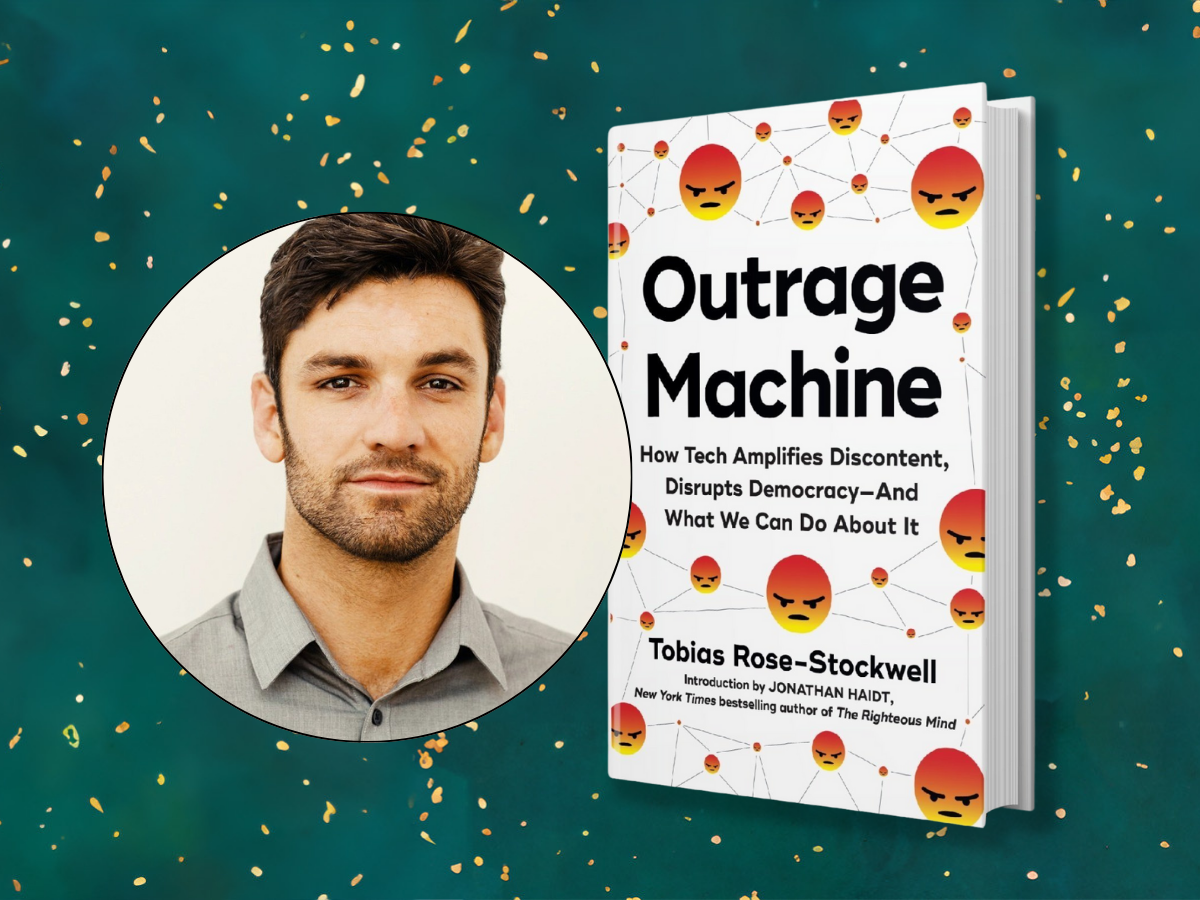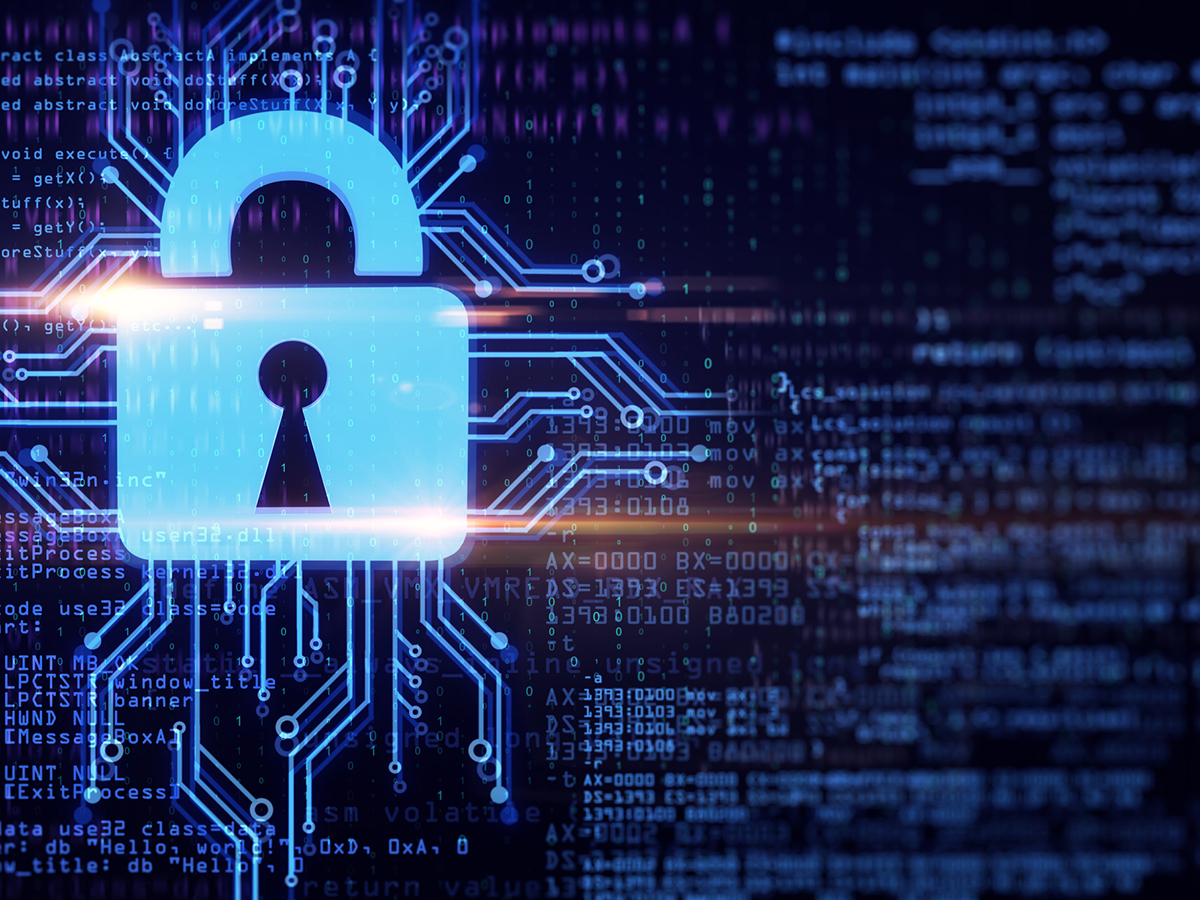
May 21, 2021
Have you checked out the most common passwords list? If not, you should. Your go-to passwords could be on it! The top 200 most common passwords (or even the top 10,000) can leave many computer users’ online accounts vulnerable. So, what can you do to keep your online and personal information secure and protected? Increasing the complexity of your outdated and overused passwords or passphrases should be your first step! Here are some tips:
- Instead of using a single word in your password, try using multiple words or a phrase (preferably something easy for you to remember)—it can be personal to you as long as it isn’t widely known or easily found with a quick Google search.
- Make your passwords long! Even if a website only requires a password to be eight characters, it’s a good idea to create a password that is 15 or more.
- Using special characters and numbers is a good idea, but be careful how you use them. A frequent mistake is substituting letters of a common word with special characters. For instance, P@ssw0rd meets many requirements (uppercase letter, special characters, at least eight characters), but it’s still an easy password to guess.
- Always avoid using the word “password” in your password/passphrase.
Complex passwords are important, but with technology changing at lightning speed, and software tools like Hashcat becoming more advanced at breaking into accounts, sometimes not even they are enough! Creating a secure passphrase won’t do you any good if you don’t keep the information safe. Here are a few extra things to consider:
- Use a different password/passphrase for every website! Let’s face it, nobody likes doing this, but if you do get hacked, it’s easier to change one password than it is to change 20.
- If you keep a list of passwords, make sure to write them down on paper and store them in a safe place, or keep them in a secure password manager. Do not type them up and save them on your computer.
- Be cautious of password and passphrase generators. If you use one, look for generators like Secure Passphrase Generator or Use A Passphrase that don’t store the passwords they generate. It’s also a good idea to slightly change the passwords generated to increase their memorability.
For more information on creating strong passwords, watch this internet safety video created by an MCPL Consumer Technology Specialist. Just keep in mind that strong passwords don’t have to be hard to remember! This webcomic sums that point up perfectly.
Internet safety is important and doesn’t have to be daunting. If you use the tips above and take other necessary steps to prioritize your online privacy, you should be in great shape!
Morgan W.
Edgerton Branch
Read Similar Blogs:
Technology
Careers and Education







